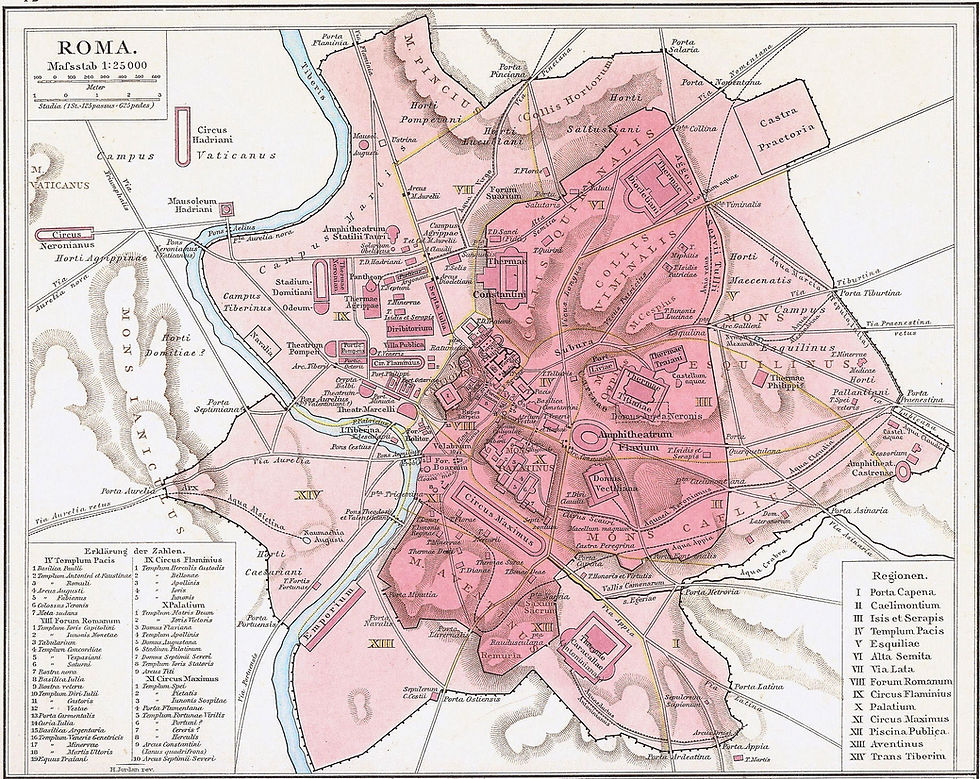😀👇𝐄𝐦𝐩𝐞𝐫𝐨𝐫 𝐉𝐮𝐥𝐢𝐚𝐧 𝐏𝐚𝐫𝐭 𝟐 𝐨𝐟 𝟑:
- Mooney Colm
- May 15, 2023
- 2 min read
Updated: Jun 1, 2023
During many formative periods of the Roman Empire what was often witnessed was the need of the newly proclaimed incumbent to essentially differentiate his rule from his predecessor. When it came to Julian, whether through a genuine pagan belief, that helped initiate the drive for the restoration of the polytheistic precedents of old, which thereby acted as a symbol of his own religiosity, or did paganism merely suffice as a helpful aid that allowed Julian to be separated from his Constantinian family.
It is hard to argue against the idea of a genuine and honest belief, suggestively said, as the path to following Christian conformity seemed an easier road to travel than remodelling and renewing paganism in a world which had by this stage, more or less, left it behind. The contemporary sources, both pagan and Christian, help to project a picture of Julian as an indefatigable legislator who worked tirelessly to fix the empire. Julian used a discreet legislative approach early in his reign that indicated a long-term goal for the empire and one that his short reign did not get to materialise. Through the reestablishment of the polytheistic Roman religion and the stabilisation of the mechanisms throughout the empire, Julian had foreseen this work as coming to fruition over a lengthy period of time. The latter hoped this long-term vision, plan, and ultimate success would allow the citizens of the empire to see the true and genuine benefits that made paganism advantageous to the Roman Empire, thereby, the ultimate success of paganism for the empire would passively demote and relegate Christianity for good to the doldrums of Roman society, without following the previously tried and tested failed means of Decius, Galerius, etc.

































































Comments